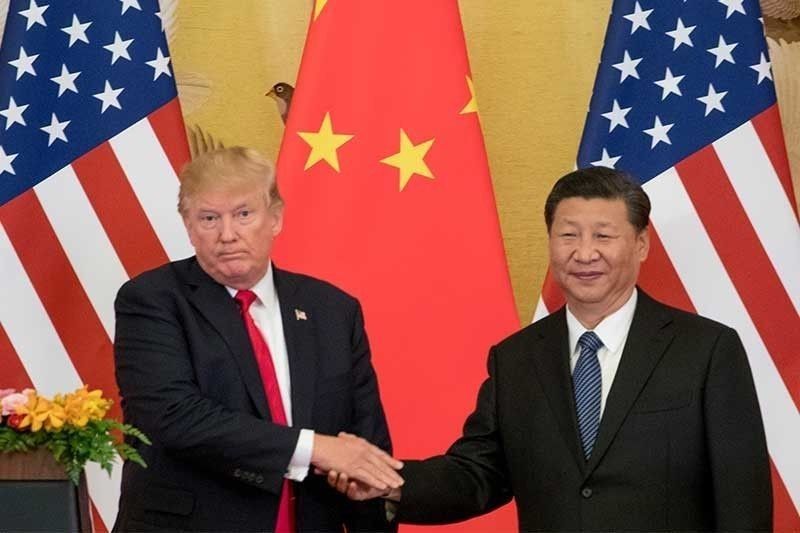China not likely to eclipse US power soon — analyst

MANILA, Philippines — The United States’ leverage is becoming “nebulous,” but an easy transition of power from Washington to China in the near future is unlikely, according to a professor of International Relations at Tokyo University.
Speaking about the future of the Association of Southeast Asian Nations (ASEAN)-Japan relations, Mie Oba said an easy transition of power from the US to China is not seen because Washington “continues to keep its commitment to Asian affairs alive.”
The ASEAN and Japan, according to Oba, are facing challenges at present with a “seismic shift in the balance of power that has become obvious.”
“The rise of China has had big impacts on regional circumstances,” she said.
Oba was among the speakers at a symposium on the “Fukuda Doctrine,” a cornerstone of Japan’s ASEAN diplomacy, held at the Fiesta Pavilion of Manila Hotel, the same venue where the late former prime minister Takeo Fukuda first pronounced the Doctrine on Aug. 18, 1977.
Former Japan prime minister Yasuo Fukuda on Monday underscored the significance of the Fukuda Doctrine as Japan remains committed to its guiding principle that it will never become a “military power,” engraved in a memorial plaque installed at the hotel in commemoration of the doctrine’s 40th anniversary.
Oba said China first achieved large-scale economic development and is now mobilizing that expanding power to promote the further buildup and modernization of its military.
“More importantly, China is pursuing a two-pronged, proactive foreign policy. First, China is asserting sovereignty in regions such as the South China Sea and the East China Sea, something that began at the end of the 2000s,” she said.
China is also demonstrating a regional vision as found in its Belt and Road Initiative (BRI), according to Oba.
She stressed that this kind of idea and the leadership to actually promote such could lead to the construction of a “new regional order in Asia.”
In August, US Secretary of State Mike Pompeo proposed an Indo-Pacific Fund to support infrastructure development and financial assistance for security cooperation.
“With tactics such as these, I do think that the US is working to hold onto its hegemonic power in Asia and the world,” Oba said.
Oba warned, however, that the current administration’s “America First” policy has obviously had a negative effect on Asian countries’ trust toward the US.
“In addition, from a long-term perspective, its hegemonic power is on the decline relative to the rapid rise of China,” she said.
This shift in the balance of power, she said, is only part of the main challenge, noting that it is more important to direct the gaze to the weakening of the liberal international order, which currently contains liberal internationalism, including components such as restrictions on the use of force, peaceful settlement of disputes, respect for international cooperation and multilateral institutions.
The mounting tension between the US and China over trade and digital hegemony could lead to the dominance of protectionism in Asia, according to Oba. These two powers also seek to strengthen their sway over ASEAN member-nations.
- Latest
- Trending




























